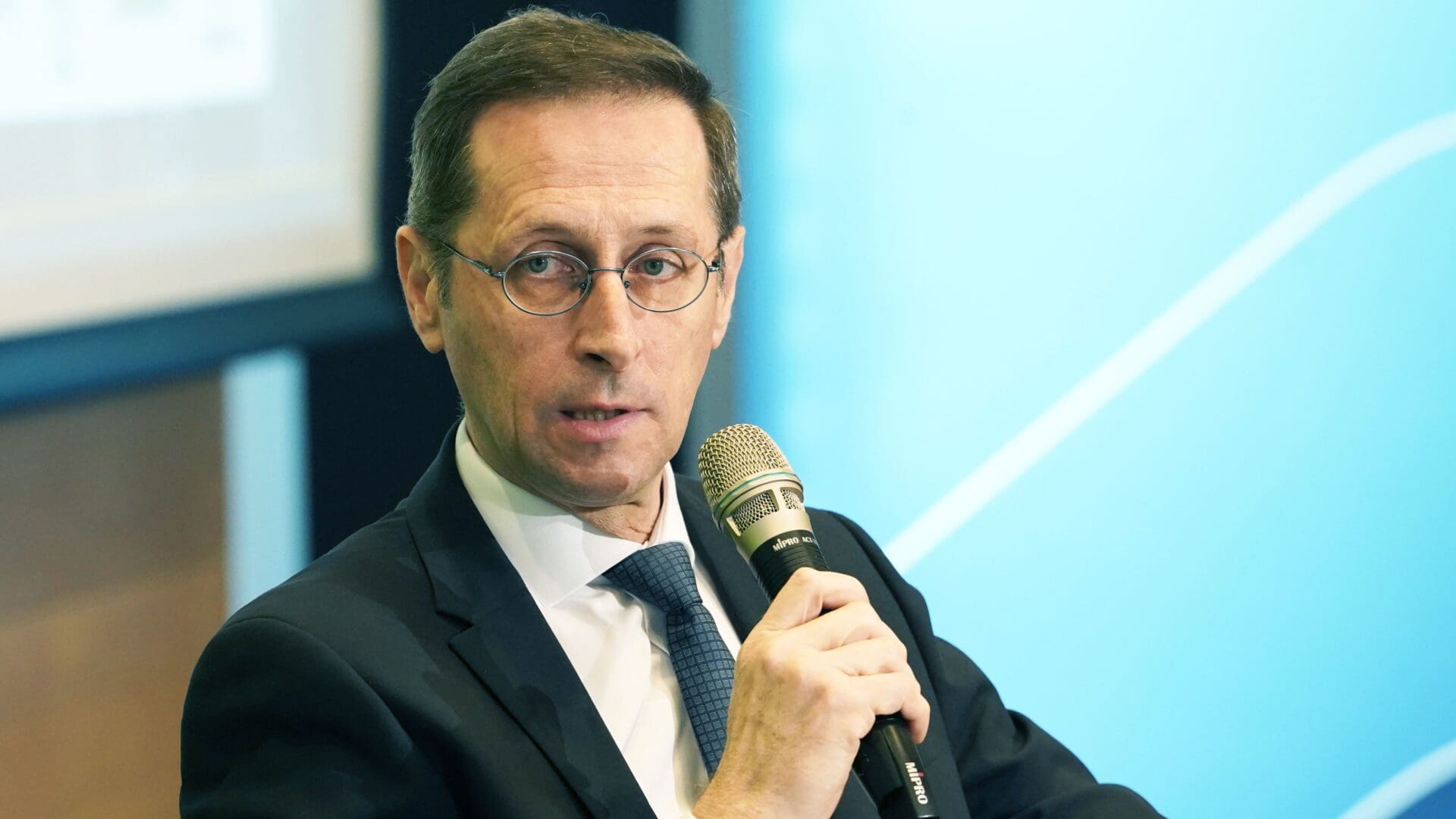Finance Minister Mihály Varga stated in a Facebook message on Wednesday that despite the intensifying conflicts and sanctions, the Hungarian economy grew by 0.8 per cent in the third quarter of last year and maintained its year-on-year performance in the fourth quarter. He was reacting to the GDP data released by the Hungarian Central Statistical Office (KSH) for the previous year, as reported by the state news agency MTI.
Varga noted that adverse external effects have diminished the performance of the Hungarian economy by 0.8 per cent year-on-year. However, Hungary’s economic performance still stands about 5 per cent above the pre-pandemic level,
surpassing the EU average of 3.5 per cent.
He suggested that 2024 could mark a year of growth for the Hungarian economy, with an expansion rate projected to reach 3–4 per cent. This outlook is bolstered by several factors: the government’s success in reducing inflation, the resurgence of real wages, strengthening consumption, exports, and investments, along with record-high employment levels. Additionally, he mentioned that the European Commission anticipates Hungary to be among leading countries regarding economic growth.
Mihály Varga emphasized that while domestic results provide reasons for optimism, caution is warranted due to the challenges posed by the external environment. He cited examples such as the ongoing Russian–Ukrainian conflict, shortages of raw materials and spare parts resulting from the conflict in Gaza, and the weakness of the German economy, all of which are impeding domestic performance.
‘In this situation, careful planning is necessary to fortify the balance. Therefore, the government will continue to reduce the budget deficit and public debt in 2024, aiming to set the economy on a sustainable growth trajectory,’ Mihály Varga stated.
Important news for the performance of the Hungarian economy is that the arrival of a total of HUF 900 billion of EU funding is expected to be announced in the coming months, with the government set to launch two tenders next week. ‘EU funds are finally starting to come in, and the size of this is roughly HUF 900 billion, which is already a noticeable order of magnitude; and if this is reflected by Hungarian economic players, SMEs, and R&D&I,
it will definitely boost the Hungarian economy,’
László Parragh, President of the Hungarian Chamber of Commerce and Industry said at a press conference on 13 February.
Minister of Economy Márton Nagy stressed that the government’s objective is to revive the economy in 2024, aiming for a 4 per cent GDP growth. He outlined three key elements to achieve this goal: the revitalization of household consumption, the recovery of domestic demand (production, investment), and economic revitalization through increasing the activity rate in the labour market.
Related articles:








